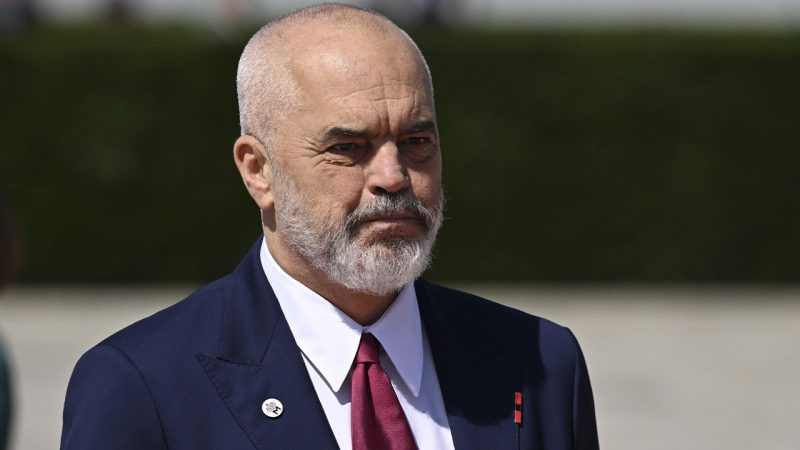
The recent labeling of Albanian Prime Minister Edi Rama as a “Soros-trained autocrat” by certain media outlets has ignited a fierce debate. While some paint him as a progressive leader modernizing Albania, others highlight concerns about his increasingly authoritarian tendencies. This complex situation raises questions about the nature of power, the role of international influence, and the very definition of democracy in a rapidly changing world.
Rama’s supporters point to his economic reforms, infrastructure projects, and efforts to bring Albania closer to the European Union. They argue that his strong leadership is necessary to overcome the country’s historical challenges and propel it forward. His willingness to engage with international organizations and embrace certain progressive social policies further bolster this narrative. However, critics counter that these accomplishments come at a cost.
Concerns have been raised about a decline in press freedom, restrictions on political opponents, and accusations of corruption within his government. The claim that he is a “Soros-trained autocrat” – a label often used to discredit leaders perceived as anti-Trump – highlights the highly polarized political climate influencing the narrative surrounding him. Such accusations, while inflammatory, do not automatically invalidate the criticisms of his governance.
The situation in Albania highlights a larger issue: the tension between rapid economic development and the safeguarding of democratic institutions. It’s a challenge faced by many nations, particularly those transitioning from authoritarian regimes. Rama’s legacy will ultimately be judged not just by his achievements in infrastructure and economic growth, but also by his respect for fundamental rights and freedoms. The question remains: can a nation truly be considered democratic while simultaneously consolidating power in the hands of a single leader, regardless of their progressive leanings?
Ultimately, the debate surrounding Edi Rama underscores the need for a nuanced and critical assessment of political leaders, avoiding simplistic labels and considering the complex interplay of domestic and international forces shaping their actions and legacies. It’s a story that demands a closer look beyond the headlines and the polarized rhetoric, requiring a deeper examination of the realities on the ground in Albania.










